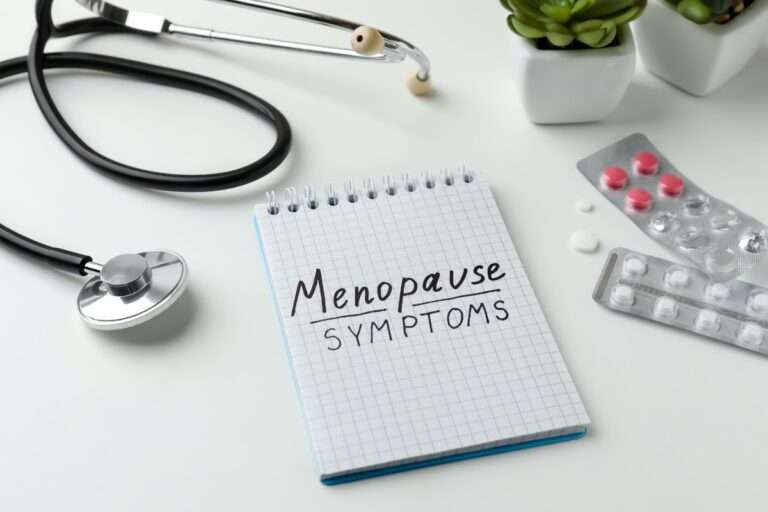
Menopause, also known as the climacteric, is the period in a woman’s life when her menstrual periods stop and she is no longer able to bear children.
Menopause is typically experienced between the ages of 47 and 54. Menopause is commonly defined by medical professionals as the absence of menstrual bleeding for a year.
It can also be defined by a decrease in ovary hormone production.
Menopause is not considered to have occurred in those who have had their uterus removed but still have functioning ovaries.
A woman’s periods typically become irregular in the years preceding menopause, which means that periods may be longer or shorter in duration, or the amount of flow may be lighter or heavier.
During this time, women frequently experience hot flashes, which can last anywhere from 30 seconds to ten minutes and can be accompanied by shivering, sweating, and skin reddening.
Other symptoms may include difficulty sleeping and mood swings. The severity of symptoms varies from woman to woman.
Menopause is considered “early menopause” when it occurs before the age of 45, and “premature ovarian insufficiency” when occurs before the age of 40.
Menopause is typically a natural transition.
Other causes include ovary removal surgery and certain types of chemotherapy.
Menopause occurs physiologically as a result of a decrease in the ovaries’ production of the hormones estrogen and progesterone.
Menopause can be confirmed by measuring hormone levels in the blood or urine, which is usually not necessary.
Menopause is the inverse of menarche, which is when a girl’s period begins.
The primary indications for menopause treatment are symptoms and bone loss prevention. Mild symptoms may benefit from treatment.
When it comes to hot flashes, it’s common advice to avoid smoking, caffeine, and alcohol.
Menopausal hormone therapy is the most effective treatment for menopausal symptoms (MHT).
When should you see a doctor?
Maintain regular doctor visits for preventive health care and any medical concerns. Maintain these appointments both during and after menopause.
As you get older, preventive health care may include recommended health screening tests like colonoscopy, mammography, and triglyceride screening.
Your doctor may also recommend additional tests and exams, such as thyroid testing if your history suggests it, as well as breast and pelvic exams.
If you experience bleeding after menopause, always seek medical attention.